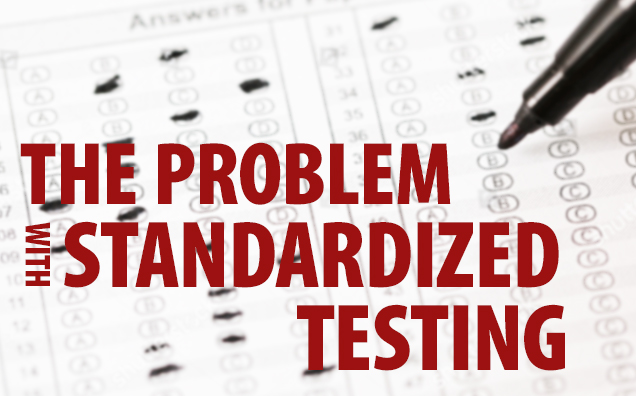The supply chain is like the lifeline of an organization. It needs to be strong and well-knit for any organization to sustain and succeed. A supply chain analyst is integral to a smoothly running, efficient supply chain. By analyzing data, identifying areas for improvement, and developing strategies to address those areas, then he or she gives the organization a competitive edge.
Who is a supply chain analyst?
A supply chain analyst is a professional who analyzes and improves the flow of goods, information, and money within an organization’s supply chain. They may work in a variety of industries, including manufacturing, retail, healthcare, and logistics.
What is the job description of a supply chain analyst?
The supply chain analyst job description covers multiple areas. Supply chain analysts use data and analytics to understand the current state of the supply chain, identify areas for improvement, and develop strategies to address those areas. They work in sync with suppliers, customers, and stakeholders to optimize processes and enhance efficiency. They may also be responsible for forecasting demand, managing inventory levels, and reducing costs.
What skills are needed to be a supply chain analyst?
To carve a successful career as a supply chain analyst, one should have strong analytical and problem-solving skills. He or she should be able to work with large data sets and be comfortable using technology and software tools. Excellent communication and interpersonal skills are highly essential because the supply chain analyst works with diverse people from different departments and organizations.
Some roles and responsibilities of a supply chain analyst are as follows:
- Gathering and analyzing data from various sources to gain insights into the then state of the supply chain.
- Identifying and evaluating problem and improvement areas and developing strategies to address them.
- Anticipating demand for specific goods and services and working with suppliers to ensure that the necessary resources are available.
- Developing and maintaining strong and trustworthy relationships with suppliers, customers, and other stakeholders. Collaborating with supply chain partners.
- Communicating findings and recommendations to stakeholders and decision-makers.
- Collaborating with various departments within the organization to optimize processes and improve performance and efficiency.
- Keeping pace with the latest industry trends and best practices and implementing the latest technologies and processes as appropriate.
- Managing budgets and resources to ensure that the supply chain is operating efficiently and effectively.
- Ensuring compliance with the organization’s policies, procedures and rules and regulations.
- Providing relevant training to supply chain teams as and when required.
How to become a supply chain analyst?
The basic qualification for a supply chain analyst is a bachelor’s degree in logistics, supply chain management or a relevant field. A Supply Chain Analyst needs to be proficient in spreadsheet programmes, SQL analytic tools, and mathematical analysis. In addition to the basic qualification, other skill sets can be acquired by doing a course which fits your job profile and domain. The ideal way is to look for the best supply chain management courses and select the suitable one.
Emeritus India, in collaboration with leading international universities, offers the best in class supply chain analytics and management courses. The curriculum, designed by the best brains in the industry, is an eclectic mix of academics and hands-on practical experience.











You must be logged in to post a comment.